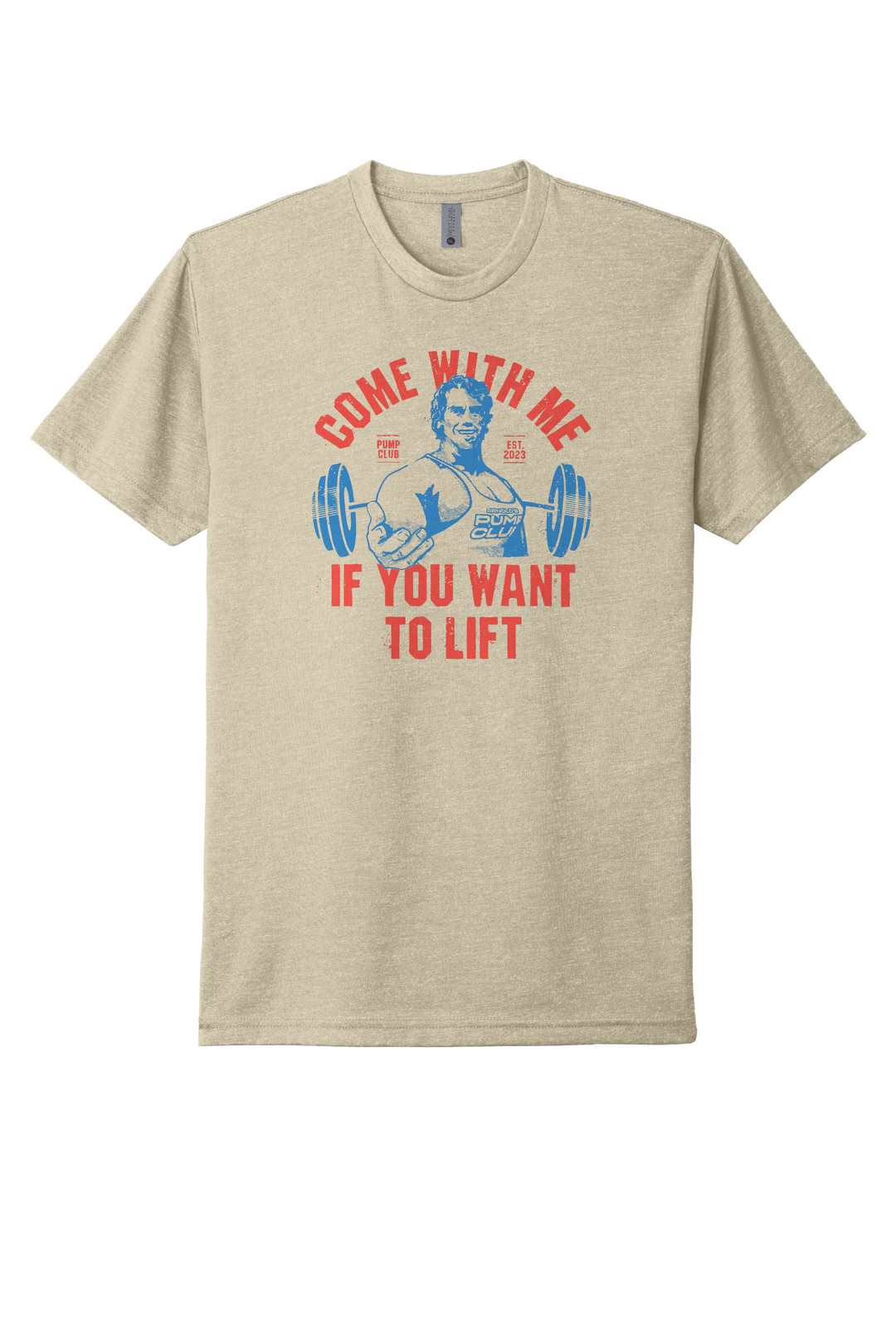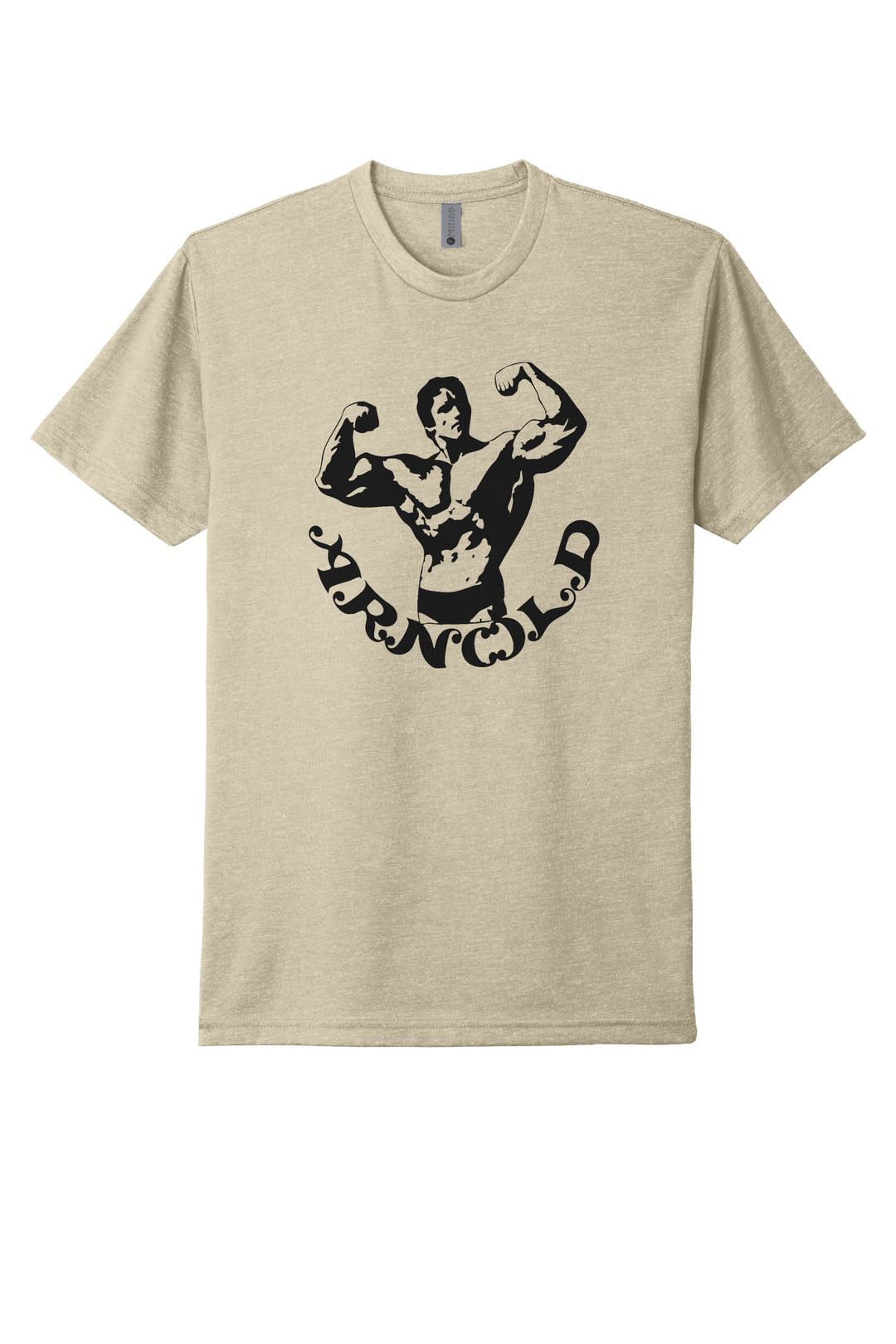Welcome to the positive corner of the internet. Here’s a daily digest designed to make you healthier in less than 5 minutes. If you were forwarded this message, you can get the free daily email here.
Today’s Health Upgrade
Arnold’s holiday gift guide
Pain relief…or just a pain?
Take control of your anxiety
Arnold’s Podcast
Motivation every day. Want Arnold to help you start your day? Each morning, we post a new podcast with tips you’ll find in the daily email and bonus stories, wisdom, and motivation from Arnold. Listen to Arnold's Pump Club podcast. It's like the daily newsletter but with additional narration and thoughts from Arnold. You can subscribe on Apple, Spotify, Google, or wherever you listen to podcasts.
The Holiday Gift Guide Upgrade
Arnold didn’t want to do another holiday gift guide. He wanted to provide useful upgrades for your mind and body. That meant providing recommendations to improve your diet, workouts, mindset, personal growth, and overall quality of life. And, if you are in the mood to buy, we wanted you to support brands that do good by giving back.
This guide will give you access to incredible deals to help you live healthier, stress less, and feel more in control of your wellness. Most importantly, each offer is something good for you.
Click here to download the guide.
Pain Relief Or Just A Pain?
If you pop pain pills to help with muscle soreness, it might be time to find a new solution.
Research suggests taking painkillers might slow your recovery and could cause kidney problems.
The scientists compared marathon runners who took anti-inflammatory medication (like ibuprofen) with those who used a placebo. Those taking the pain relievers saw a 20 percent increase in creatinine levels (not to be confused with creatine), which is a sign of kidney injury. The people who took the drugs also had more serious injuries.
The reason for the slowed recovery is that pain pills focus on treating symptoms, not the causes of your soreness. In particular, NSAIDs (the anti-inflammatory medicine) work by reducing inflammation and pain, but that comes with a cost. By taking the edge off your discomfort, pain relievers shut down your body’s production of the chemicals (prostaglandins) that improve blood flow and allow your muscles to recover.
This doesn’t mean that any amount of pain relievers is problematic, but it does suggest that taking too much, too often, could not only have the opposite effect but could also lead to other health issues.
If you’re looking for a soreness solution, research suggests that more sleep, hydration, and protein help you recover faster. And, as much as it might seem contradictory, more movement can assist, too. Low-intensity exercise — such as walking — promotes blood flow and helps you bounce back faster and feel better.
Take Control Of Your Anxiety
Can breaking a sweat be the remedy for a problem that affects millions every day? A new review suggests that high-intensity exercise can significantly decrease anxiety.
In the quest to conquer anxiety, researchers explored whether exercise — specifically high-intensity workouts — could stand as a formidable ally against clinical anxiety.
Scientists reviewed 15 studies and found that higher-intensity workouts led to a 25 percent reduction in clinical anxiety symptoms compared to low-intensity exercise. High-intensity was identified as workouts where you maintain approximately 70 percent to 90 percent of your maximum heart rate.
Hard workouts trigger a surge of endorphins, the feel-good neurotransmitters that act as the body's natural stress busters. But that’s not all. High-intensity exercise also increases serotonin and norepinephrine (two other neurotransmitters), which decreases during times of anxiety and makes it harder to manage stress.
To be clear, the study didn’t say low-intensity exercise wasn’t effective. It’s just that the harder workouts had a bigger impact on lifting mood. So, if you’re not ready to push the intensity, start with small, achievable goals and witness the transformative impact of movement on your mental well-being. As you gain confidence and create habits, continue to push yourself and take on more challenging workouts. That could play a key role in helping control your anxiety one workout at a time.
—
Publisher: Arnold Schwarzenegger
Editors-in-chief: Adam Bornstein and Daniel Ketchell








































